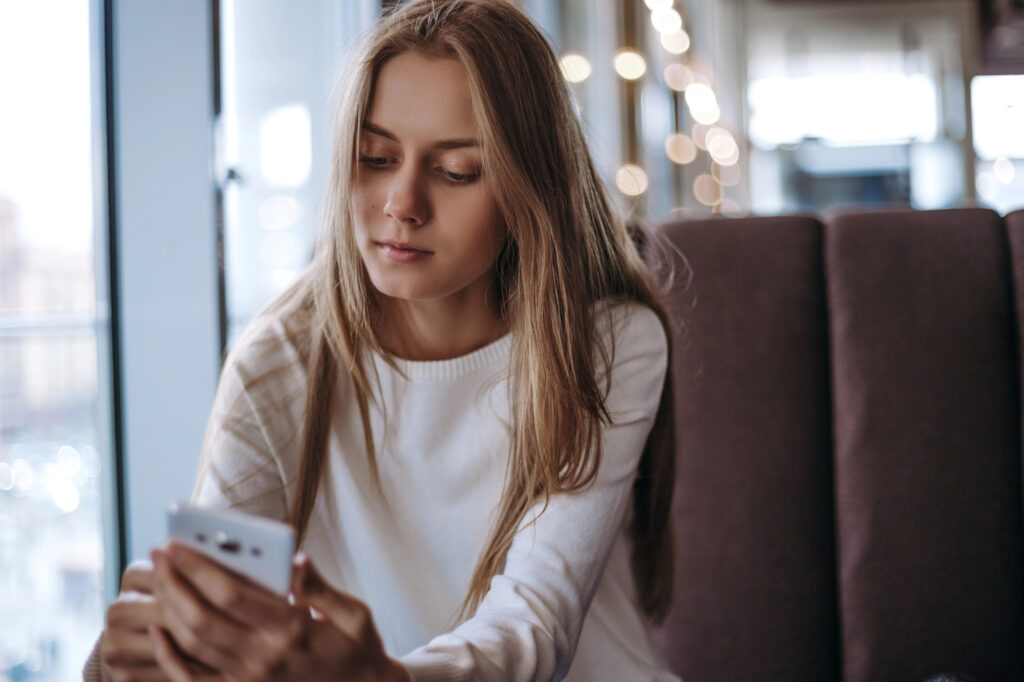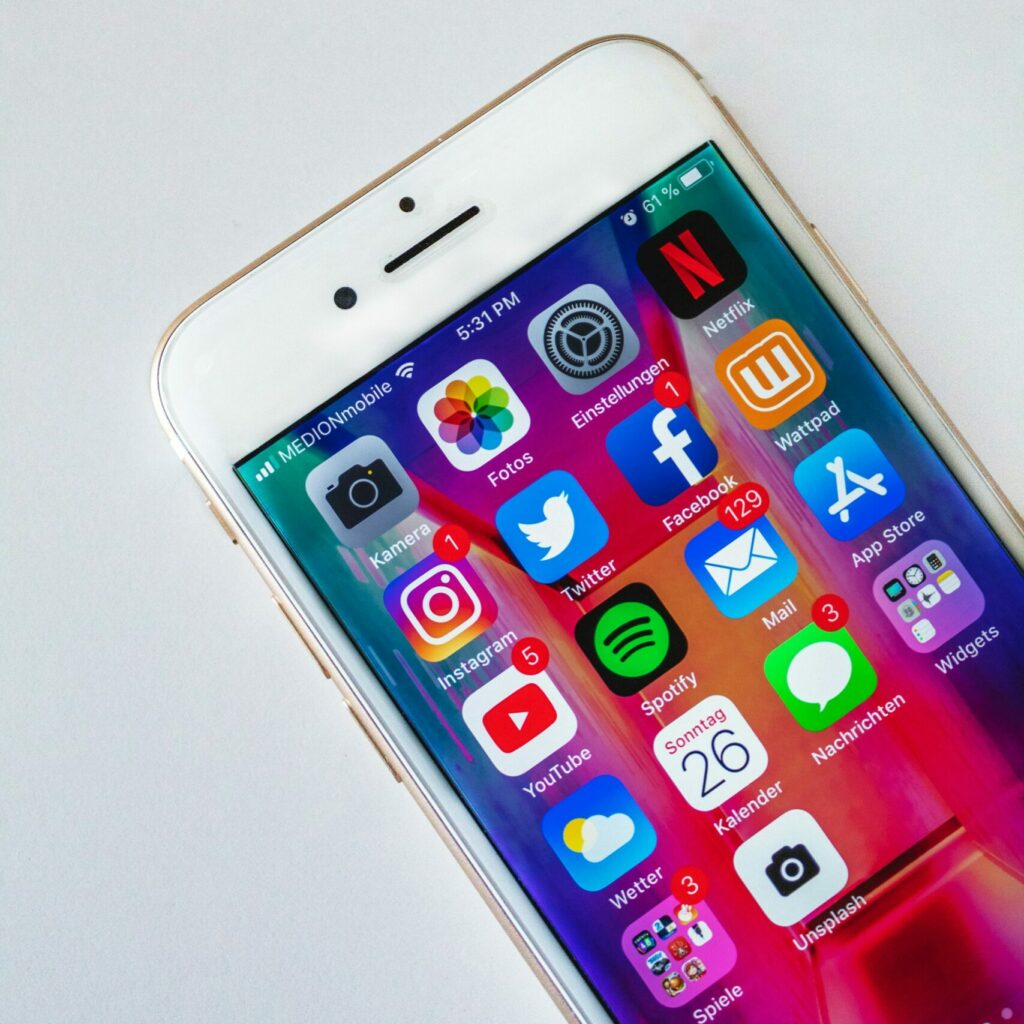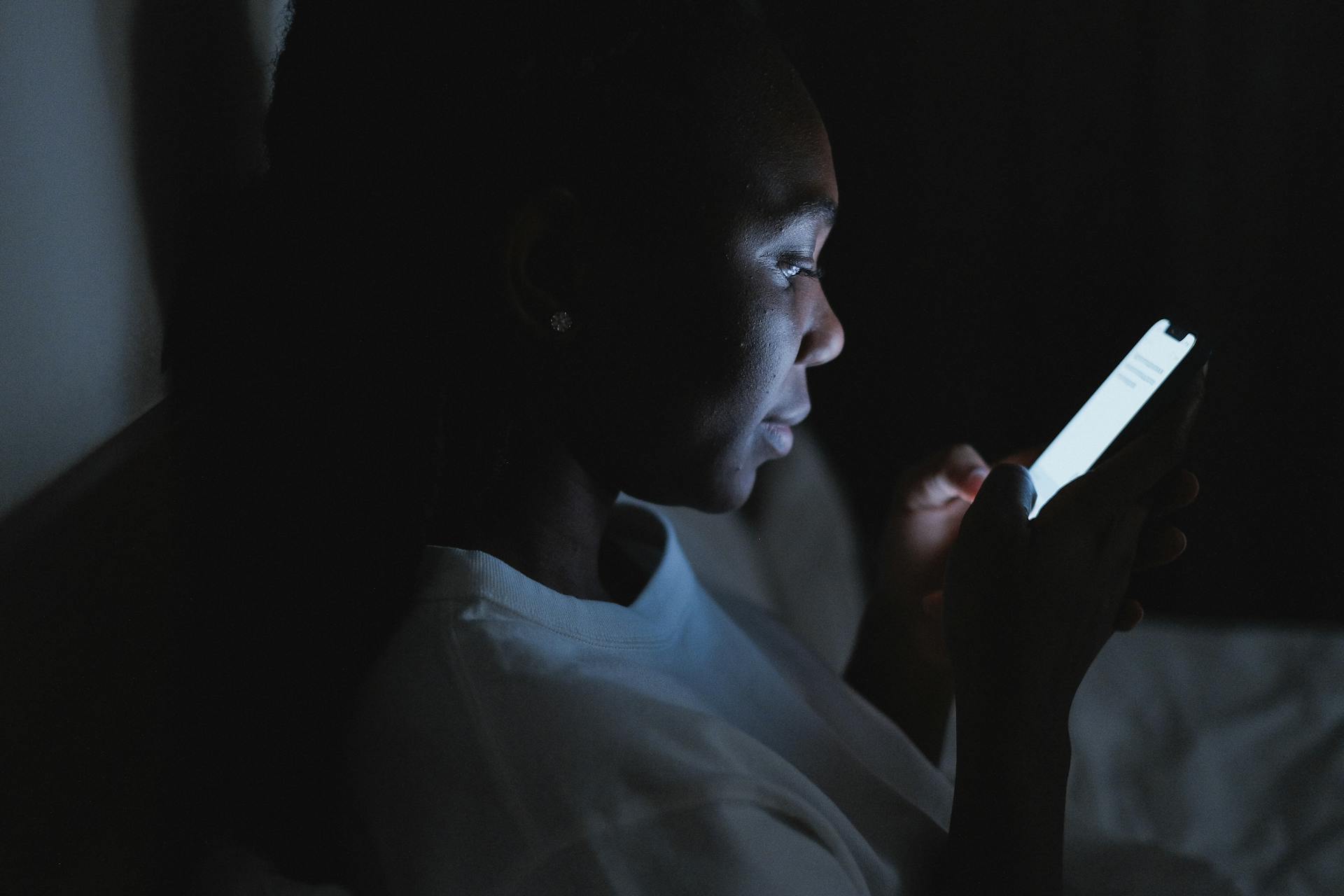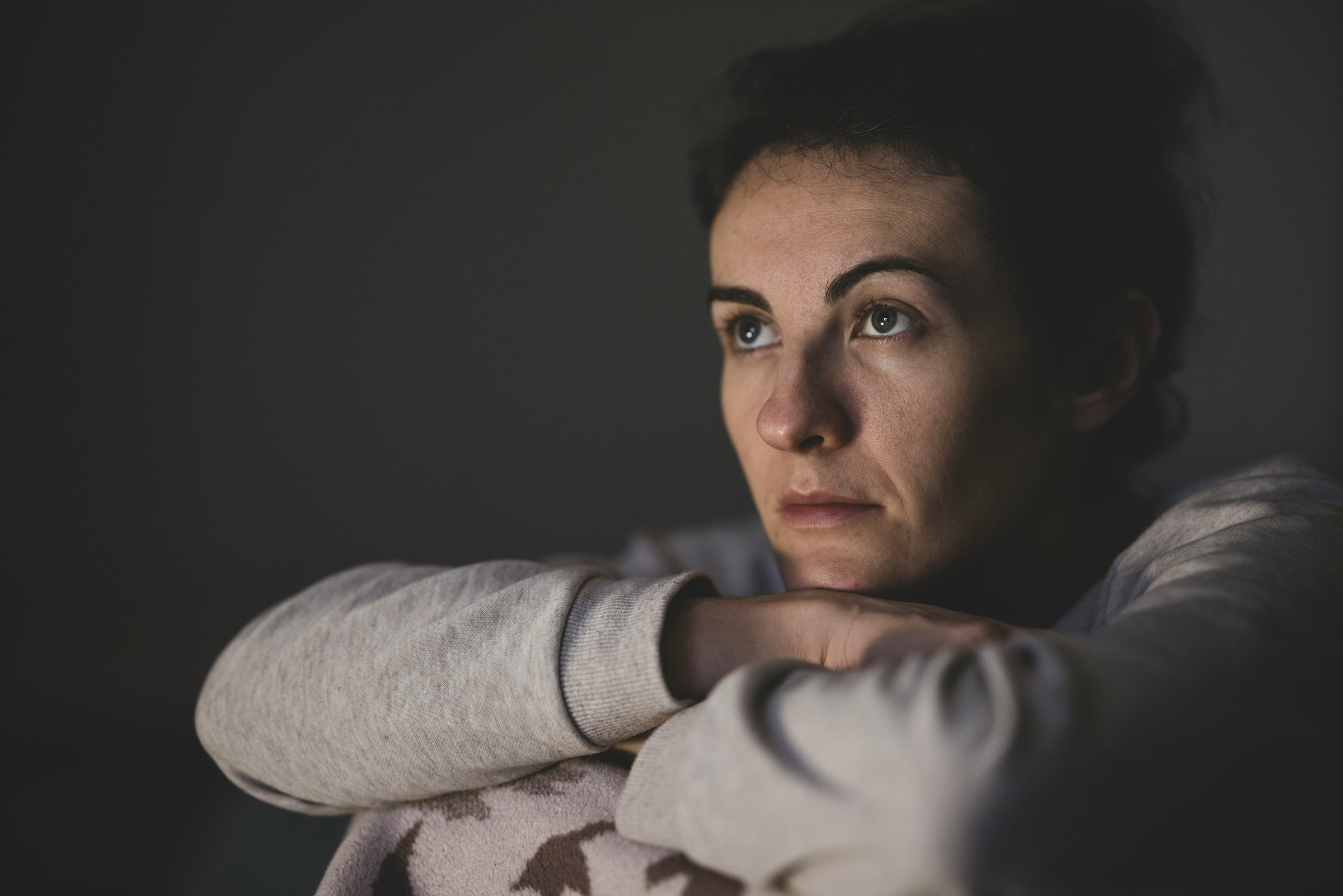
Understanding Social Media’s Effect on Mental Health
Healthy social media habits are more important than ever in today’s hyper-connected world. Social media isn’t just popular—it’s everywhere. With over 4.9 billion users globally, and an average of more than two hours spent daily scrolling, messaging, and posting, this constant connectivity can have a significant impact on mental health.
Teens are especially vulnerable to the emotional effects of social media. Issues like low self-esteem, anxiety, and depression can be linked to how they interact online. Teen therapy often includes discussions around healthy digital boundaries and emotional awareness. A skilled anxiety therapist or depression therapist can help teens navigate the pressures of social media, develop healthier habits, and build resilience in the face of online stressors. Understanding and managing these habits is a vital step toward better mental and emotional well-being.
Mental Health Challenges Linked to Social Media
Regular use can trigger several mental health issues, including:
- Anxiety and depression, often due to negative comparisons.
- Loneliness and FOMO from watching curated highlights of others’ lives.
Additionally, constant exposure to filtered images and unrealistic beauty or lifestyle standards can negatively impact your self-esteem, increasing dissatisfaction with your own life.
Read more: Social Media, Teens, & Therapy
Social platforms also act as a dopamine activator: Likes and comments stimulate short-term pleasure, creating addictive behaviors.
Being mindful of these challenges can help you foster healthier social media habits and protect your mental well-being.

Seven Habits for Healthy Social Media Usage
Habit 1: Use Social Media Mindfully
Mindfulness matters. Instead of endless scrolling, practice intentional scrolling.
Be aware of your emotions and thoughts as you browse—if something consistently makes you feel down, consider why you’re viewing it.
Habit 2: Prioritize Real-Life Relationships
Your real-life connections matter most. Social media should enhance (not replace!) in-person interactions.
Use online platforms to complement meaningful offline relationships:
- Schedule regular face-to-face meetings.
- Call or video chat instead of only messaging.
- Use social media to arrange offline events with friends.
Habit 3: Set Time Limits
Too much time online can harm your mental health. Experts recommend limiting your daily social media use to under 30 minutes.
Use features like app timers or focus modes to keep your browsing intentional and brief. This habit can significantly reduce stress, anxiety, and negative comparisons.
Read Next: Academic Pressure, Stress, & Counseling for Teens
Habit 4: Curate Your Content
Your feed should make you feel good—not stressed or anxious. Actively curate your online experience:
- Unfollow or mute accounts that trigger negative emotions.
- Seek out content that inspires or educates you.
- Regularly review and clean up your feed to maintain positivity.
Habit 5: Limit Social Media Before Bedtime
Excessive screen time before bed disrupts your sleep, impacting mood and energy levels. The blue light emitted by screens interferes with your natural sleep rhythms.
To promote better sleep quality:
- Log off at least one hour before bedtime.
- Use evening mode to reduce blue light.
- Replace nighttime scrolling with calming activities like reading or meditation.
Habit 6: Live in the Moment
Life happens offline. When attending events or enjoying time with others, minimize your online distractions:
- Put your phone away during conversations and activities.
- Focus on experiencing events firsthand rather than through a screen.
- Save social media updates for after you’ve enjoyed the moment fully.
Habit 7: Take Regular Breaks
Regularly unplugging from social media helps you regain perspective and refresh your mind. Taking periodic digital detoxes allows you to:
- Recharge mentally and emotionally.
- Refocus your attention on personal goals and interests.
- Improve overall mental health by reducing dependency on constant online validation.

Other Strategies for Improving Your Online Experience
Recognize Triggers
Being aware of your emotional triggers helps maintain mental clarity online. Notice when certain posts or interactions consistently cause anxiety, sadness, or anger, and adjust your browsing accordingly.
Take Control of Content
Practice active engagement rather than passive scrolling:
- Like, comment, or share meaningful content.
- Engage in positive conversations.
- Avoid aimlessly consuming content, which can heighten stress or isolation.
Seek Support and Counseling
Take a moment to evaluate your social media habits right now—your mental health matters.
For personalized guidance, contact David Ejchorzst, a certified therapist offering professional counseling and support.
Frequently Asked Questions (FAQs)
How much time should I spend on social media each day?
Limit social media use to 30 minutes daily for better mental health.
Can social media cause depression and anxiety?
Yes, excessive use can trigger depression and anxiety.
What are some signs my social media habits are unhealthy?
- Constantly checking your feed
- Mood swings after use
- Neglecting offline activities
How can I make social media use more positive?
Follow uplifting accounts and engage actively rather than passively scrolling.
Is it beneficial to completely quit social media for mental health?
Temporary breaks can improve mental clarity and reduce anxiety.
How do I find reliable mental health resources online?
Use reputable platforms (such as the CDC resource page) or trusted mental health professionals.

